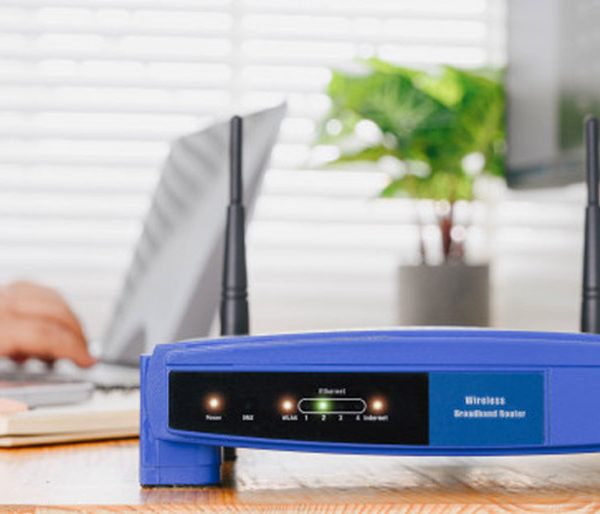Bank Accounts: What are Your Choices and Alternatives?
Possessing a bank account seems to represent a rite of passage into adulthood. Not only do these vehicles provide you with an immediate access to your funds, but the digital era signifies that some accounts are able to be direct debited in order to pay monthly bills. However, there are numerous types to choose from. Let us take a quick look at some standard options before moving on to viable alternatives such as stocks and shares ISAs alongside cash ISA accounts. If you want to learn more about your possibilities, the details below will be
Bank Accounts: What are Your Choices and Alternatives?
Possessing a bank account seems to represent a rite of passage into adulthood. Not only do these vehicles provide you with an immediate access to your funds, but the digital era signifies that some accounts are able to be direct debited in order to pay monthly bills. However, there are numerous types to choose from. Let us take a quick look at some standard options before moving on to viable alternatives such as stocks and shares ISAs alongside cash ISA accounts. If you want to learn more about your possibilities, the details below will be quite informative.
Standard Bank Accounts in the UK
Most standard bank accounts can be broken down into a handful of categories:
- Savings accounts
- Standard current accounts
- Simple accounts
The main intention of a savings account is to provide you with extra interest over time; an excellent way to accrue a nest egg (assuming that this money will not be withdrawn on a regular basis). Standard current accounts are the most common, as they provide basic services such as the ability to withdraw funds, to write cheques, to obtain a debit card, and to access your online information. Simple accounts are essentially a “watered down” version of standard accounts. While you will not receive a cheque book or online access, you can still pay for items and withdraw money.
ISA Alternatives
However, many individuals are now looking to take advantage of vehicles known as individual savings accounts (ISAs). These accounts offer a number of tax-free benefits and annual limits of up to 20,000 pounds will enable you to save a substantial amount of liquidity for future needs. Two of the most popular types are:
- Stocks and shares ISAs
- Cash ISA accounts
The main benefit of a stocks and shares ISA is that you can invest your funds across a wide range of stable assets (such as funds and bonds). These provide a higher rate of return than would normally be possible with interest alone. However, cash ISAs are excellent ways to save for your long-term future needs. Boasting higher interest rates than standard bank accounts and tax-free windfalls for up to £20,000 pounds during any given year, cash-only ISAs are another lucrative financial vehicle.
How to Make the Best Choice
The first step is to consider what the bank account is intended to be used for. Do you require a quick source of cash or are you instead more interested in saving for the future? Furthermore, always remember that different providers are associated with their own terms and conditions. This is why you should make it a point to speak with a representative in order to address any questions. Some common queries can include the amount of interest you are offered, the existence of early withdrawal penalties and what types of customer support are available.
The Top Providers of Individual Savings Accounts
Let us conclude by look at four UK banks which are considered to offer the widest range of options:
- Charter Savings
- Secure Trust Bank
- Family Building Society
- Aldermore
Please note that while these organisations are known for their lucrative ISA programmes, they can also supply standard bank accounts.





